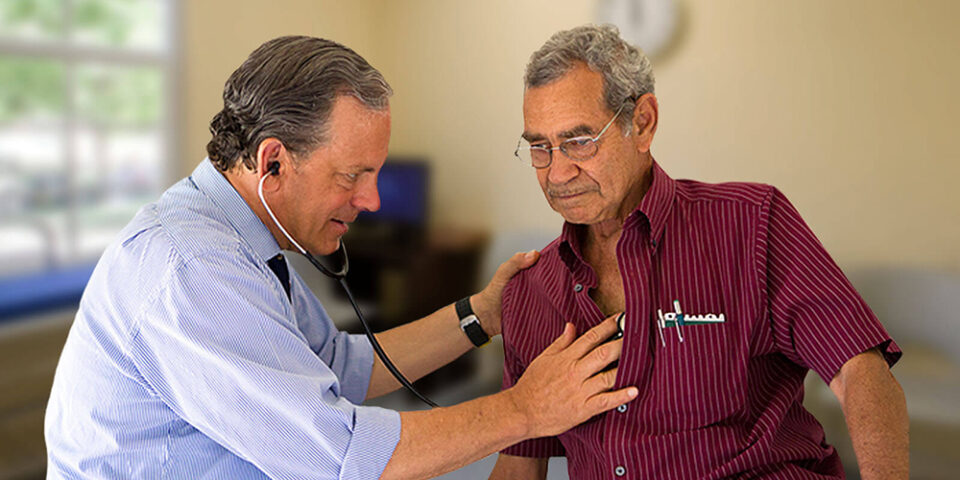Heart disease continues to stand as the leading cause of death worldwide, responsible for millions of lives lost each year. What makes this particularly concerning is that many of these risks are preventable with conscious lifestyle choices and timely medical intervention. Cardiologists play a vital role, treating the heart in critical moments while guiding people to prevent problems before they arise.
In this article, St. George’s University (SGU) School of Medicine in Grenada, West Indies shares expert insights and practical strategies to protect your heart, proving that small steps today can lead to a stronger, healthier tomorrow.
- Don’t wait for symptoms, prevention is key
Most heart diseases, like atherosclerosis, progress silently until advanced, making regular screenings vital, especially for those with high blood pressure, diabetes, or family history. Scheduling annual check-ups and monitoring cholesterol and blood pressure may feel routine, but these simple habits can prevent serious complications later.
- Make daily lifestyle choices that count
A heart-healthy lifestyle doesn’t have to mean drastic changes overnight, it’s about consistent, sustainable habits. Eating balanced meals, staying active for at least 30 minutes most days, managing stress, and avoiding tobacco all make a measurable difference. Even small adjustments like swapping sugary drinks for water or taking the stairs can help. What matters most is sticking with these practices over the long run.
- Learn from specialists
Cardiologists dedicate years of training in understanding and treating the heart, often pursuing additional subspecialties such as interventional cardiology. But beyond procedures, they also focus heavily on educating patients. Dr. Adam Bierzynski, MD ‘11, SGU graduate and interventional cardiologist recalls what drew him to the field:
“The ability to place a stent in someone’s artery who is having a heart attack and have them walk out as early as the next day with almost no damage done is truly one of the most rewarding feelings in medicine. The field is also always evolving with new techniques and procedures, so it is difficult for it to ever become mundane.‘’
For patients, the lesson is clear, if you experience chest pain, shortness of breath, or palpitations, don’t ignore them. Early action can save your life.
- Build a support system around health
Just as cardiologists rely on teamwork, patients benefit when their journey is supported by family, friends, and community. Dr. Bierzynski, MD ‘11, credits SGU’s collaborative environment for shaping his career:
“Attending SGU was a fantastic experience. Coupled with a diverse student body and accessible faculty, I can truly say that I thoroughly enjoyed my time at SGU and would recommend it to anyone considering applying.”
The same principle applies to heart health. Sharing your goals with loved ones, joining a fitness group, or finding accountability partners can make healthy habits easier to maintain.
- Plan for the long term
Protecting your heart is not about quick fixes, it’s a lifelong commitment. Think of your heart like your car: regular maintenance keeps it running smoothly and prevents costly breakdowns. Prioritizing exercise, stress management, sleep, and routine doctor visits ensure you are protecting yourself from risks before they escalate.
The bottom line
Heart health is built on proactive choices. On this year’s World Heart Day, SGU would like to encourage people of India to take proactive actions to mitigate the risks of getting cardiovascular diseases. From small lifestyle changes to the guidance of specialists, every step you take today can safeguard your future.
For more information on the programs and tracks available through SGU School of Medicine, visit SGU’s website.

